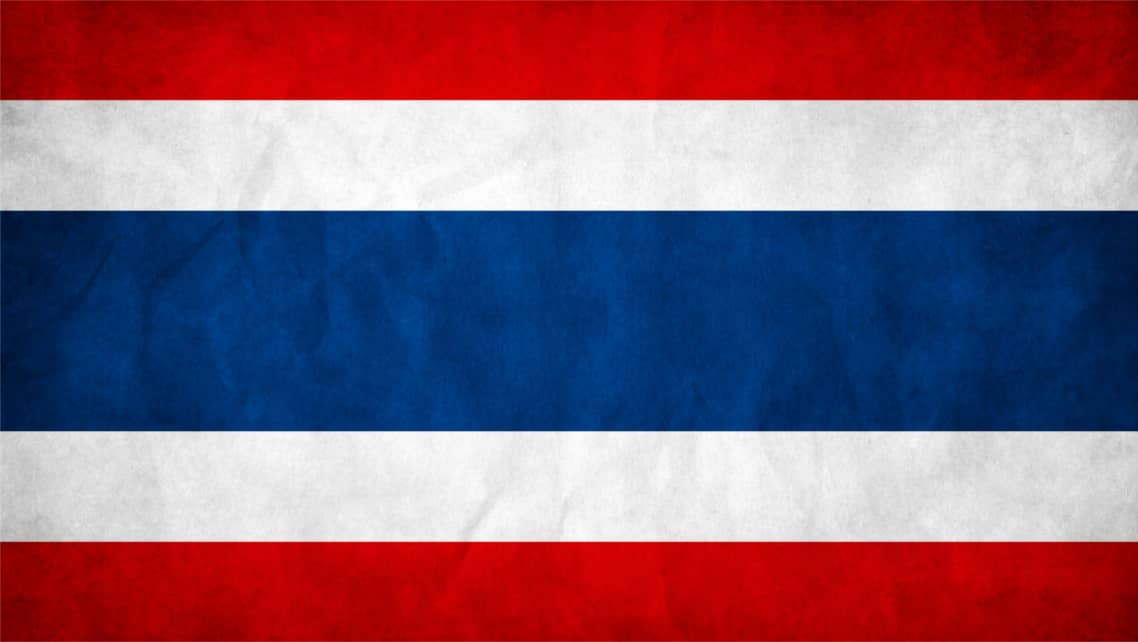
Thailand: Changes to the Trademark Act
Aiming at making the protection of intellectual property a more efficient process, Thailand has amended its Trademarks Act of B.E. 2534 (1991).
The amendments were published in the Royal Gazette on April 29, 2016 and become effective on July 28, 90 days after the publication date.
Significant changes were introduced which we may summarize as follows.
- Extension to the definition of trademark
Sound trademarks were included to the definition of trademark. The registration of such type of trademarks will depend on their ability to identify goods or services, distinguishing them from those of other companies.
- Distinctiveness of a trademark
Trademarks consisting of invented words, numbers, characters and devices which are not descriptive are, with the amendments, presumed to have inherent distinctiveness.
Additionally, trademarks that lack distinctiveness are now registrable if distinctiveness is acquired through its use in Thailand.
- Multi-Class applications available
The requirement of filing one application per class of goods/services has been abandoned. It will now be possible to file multi-class applications, which reduces bureaucracy and helps to simplify the management of trademark portfolios.
- Association of trademarks no longer required
The Act revokes the requirement to file authorizations for trademarks that were deemed similar to one another.
- Imitation is reviewed beyond the applied for classes
The Registrar will be examining the availability of one trademark with regard to all classes, in condition that goods/services are related, and not only with regard to the specific class(es) in which an application will be filed. The scope of trademark protection will be therefore extended.
- Reduction of deadline for Oppositions and Responses to Official Actions
The non-extendable time period for filing amendments, appeals, oppositions, counterstatements or disclaimers will be reduced from 90 days to 60 days from the date of receipt of the relevant order from the Trademark Office.
- Deadline extension to pay registration fees
The deadline to pay registration fees has been extended from 30 to 60 days after the Registration Notification date with a possibility to request for further time extension.
- Renewal grace period
The Act adds a grace period of 6 months after the registration expiration date, during which registrants will be allowed to renew their registrations against payment of a late renewal fee.
- License Agreements
In accordance with the new Act, the assignment or inheritance of trademark ownership does not extinguish valid licenses previously agreed upon, unless the contrary is specified.
- Increase of official fees
The official fees for new applications, registration and renewal have been increased by an average of 50%.
- Preparations to join the Madrid Protocol
The amendments introduced by this new Act establish the legal basis for Thailand’s accession to the Madrid Protocol. However, further Royal Decrees will need to be issued in order to complete the adherence.
Territory List
There are no results for your search.
- Africa
- Algeria
- Angola
- Benin
- Botswana
- Burkina Faso
- Burundi
- Cameroon
- Cape Verde
- Central African Republic
- Chad
- Comoros
- Congo (Republic)
- Côte d'Ivoire
- Democratic Republic of the Congo
- Djibouti
- Egypt
- Equatorial Guinea
- Eritrea
- Eswatini (Swaziland)
- Ethiopia
- Gabon
- Gambia
- Ghana
- Guinea
- Guinea-Bissau
- Kenya
- Lesotho
- Liberia
- Libya
- Madagascar
- Malawi
- Mali
- Mauritania
- Mauritius
- Mayotte
- Morocco
- Mozambique
- Namibia
- Niger
- Nigeria
- Réunion
- Rwanda
- Sao Tome and Principe
- Senegal
- Seychelles
- Sierra Leone
- Somalia
- South Africa
- South Sudan
- Sudan
- Tanzania (mainland)
- Togo
- Tunisia
- Uganda
- Western Sahara
- Zambia
- Zanzibar
- Zimbabwe
- Africa (OAPI)
- Africa (ARIPO)
- Other
- East Timor
- Macao
- Maldives
- Portugal
- European Patent (EPO)
- European Union Trademark (EUTM)
- International Trademark (Madrid System)
- Patent Cooperation Treaty (PCT)




